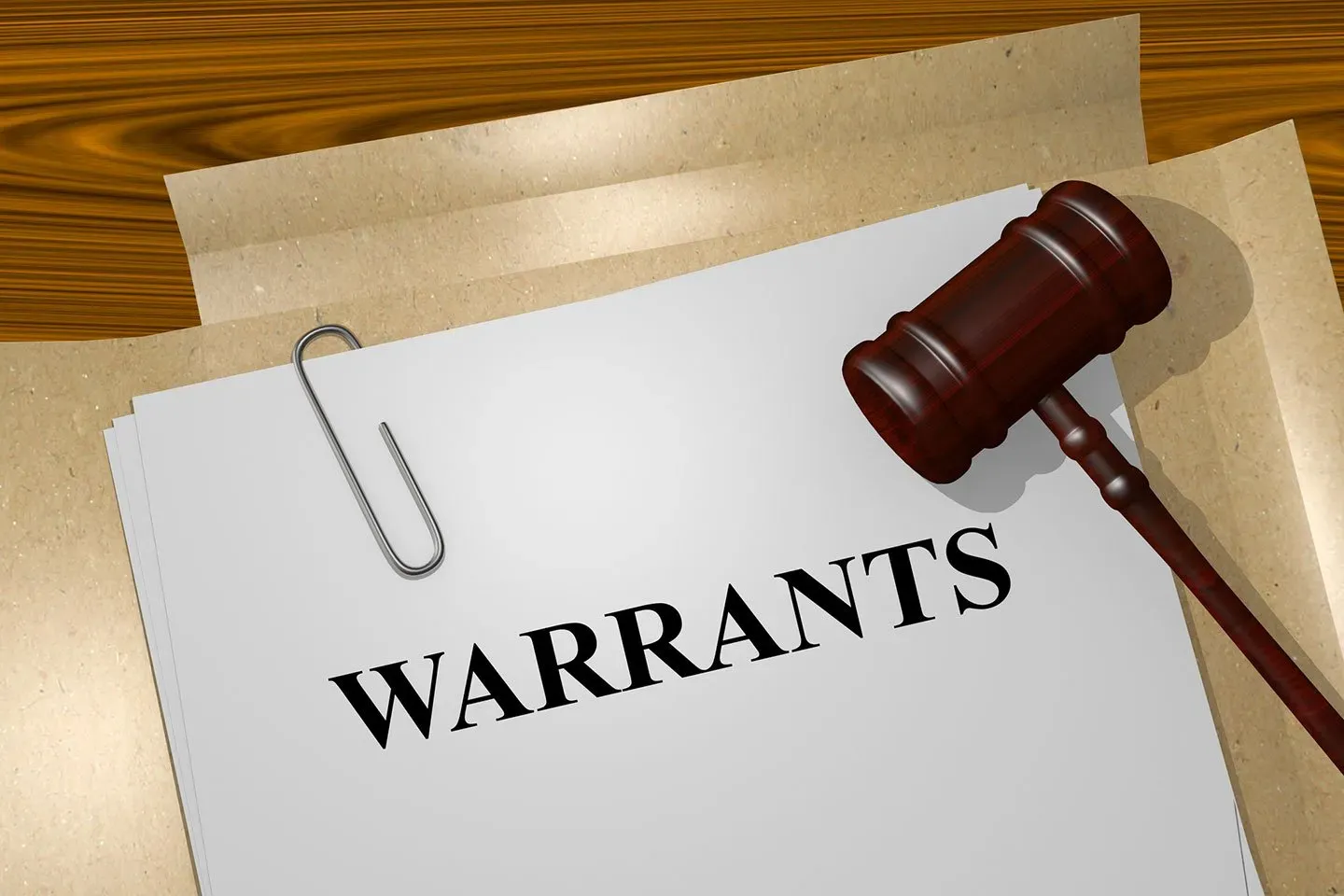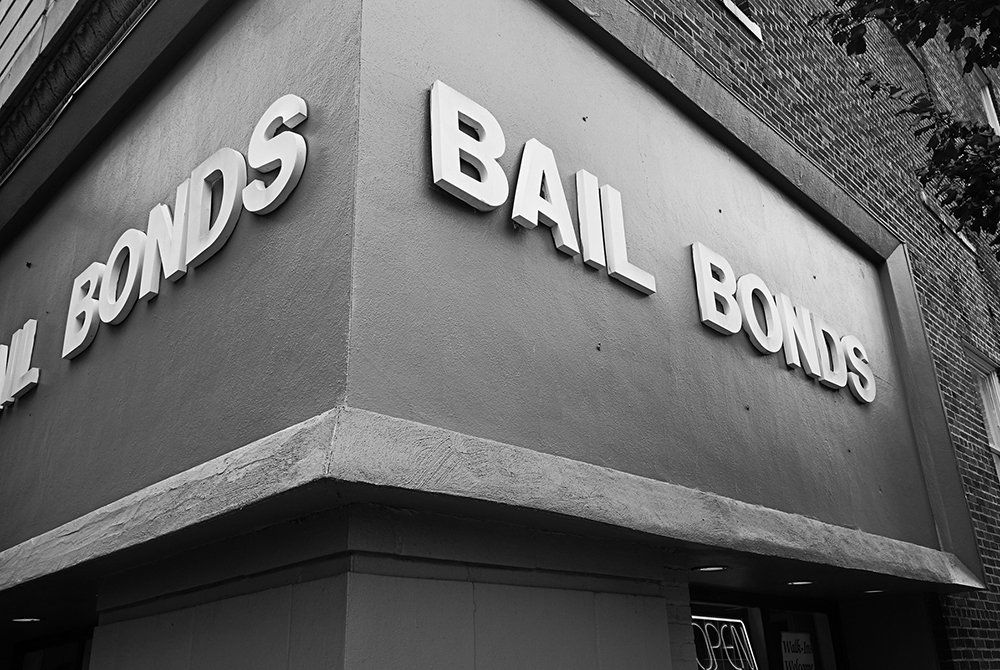3 Types of Warrants
Many people get arrested for crimes they may or may have not committed. In many cases, however, warrants are needed in order to legally arrest or search for clues. If you would like to know more about warrants to better protect yourself, check out these three types of warrants.
Search Warrants
A search warrant doesn't automatically give police the authority to arrest you without reason. It does, however, allow them to search specific areas for specific items. A search warrant will only be issued if the police can prove there is probable cause of a criminal activity.
A search warrant also isn't a free ticket to search everything and anything you own. The warrant must be specific and state where and for what the officers can search. For example, if you're a suspect in a crime involving weapons, the warrant may allow officers to search your home for weapons. Unless the warrant lists other areas, such as the backyard, shed, etc., the officers can't search there.
Similarly, if the warrant only lists weapons, the police can't actively search for other illegal items or substances, such as drugs. If they do stumble upon illegal items, however, they can usually seize them. They simply can't purposely look for items not included in the warrant.
Finally, some search warrants allow officers to search you. If this is the case and others are with you at the time, they may also be detained and questioned, but if the officer has probable cause that they are involved, the warrant may allow officers to search everyone.
Arrest Warrants
If police suspect you are guilty of a crime, they may get an arrest warrant. In most cases, however, the arrest warrant won't typically be issued until probable cause and at least two pieces of evidence are provided.
If you are the suspect of an active crime or a particularly dangerous crime, police may arrest you. It doesn't matter if you're at home, work, or the store. When officers find you, they can arrest you immediately with a warrant.
With minor crimes, however, police may not actively search for you. However, the system will still show the warrant, so if you get pulled over for any reason, the officer may realize you have a warrant and arrest you.
Bench Warrant
A bench warrant is similar to an arrest warrant, as it gives officers the right to arrest you whenever and wherever they find you. However, instead of being issued for breaking the law, a bench warrant is issued when you are in contempt of court. You can be in contempt of court if you break any rules regarding your bail, including not attending all hearings.
Bench warrants can even be issued to people who haven't committed any crimes. For example, if you refuse to testify after being subpoenaed, the judge may file a bench warrant. Other examples of non-criminal cases involving bench warrants include failure to pay fines, violating probation, and not appearing at a court ordered educational program.
If you have been issued a bench warrant because you failed to attend your hearing, you may also find yourself pursued by a bounty hunter from the bail bond agency you used. They may assume you tried to run, which affects their bottom line; if you don't attend your hearing, they won't get reimbursed for your bail.
If you have a warrant for your arrest, the best thing to do is turn yourself in, especially if you have already taken out a bail bond. Not only will officers pursue you, but the bail bonds agency may send someone too. If you would like to know more about warrants and what you can do if you have a warrant, contact us at A-Action Bail Bonds today.
















